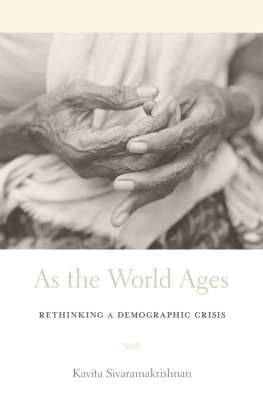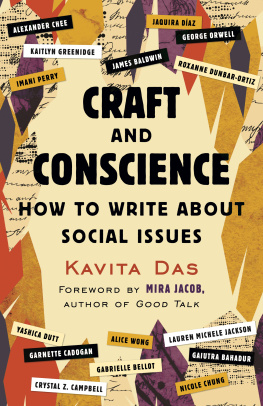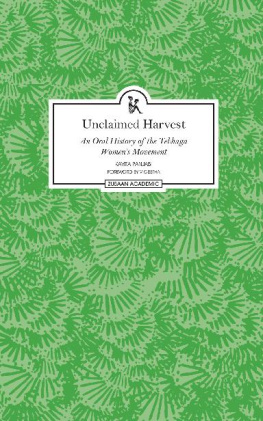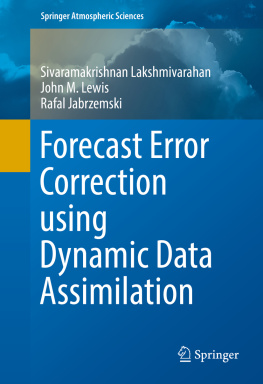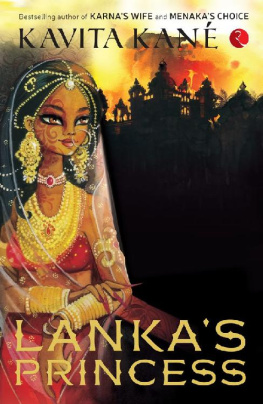Kavita Sivaramakrishnan Sivaramakrishnan - As the World Ages
Here you can read online Kavita Sivaramakrishnan Sivaramakrishnan - As the World Ages full text of the book (entire story) in english for free. Download pdf and epub, get meaning, cover and reviews about this ebook. year: 2018, publisher: Harvard University Press, genre: Politics. Description of the work, (preface) as well as reviews are available. Best literature library LitArk.com created for fans of good reading and offers a wide selection of genres:
Romance novel
Science fiction
Adventure
Detective
Science
History
Home and family
Prose
Art
Politics
Computer
Non-fiction
Religion
Business
Children
Humor
Choose a favorite category and find really read worthwhile books. Enjoy immersion in the world of imagination, feel the emotions of the characters or learn something new for yourself, make an fascinating discovery.
- Book:As the World Ages
- Author:
- Publisher:Harvard University Press
- Genre:
- Year:2018
- Rating:4 / 5
- Favourites:Add to favourites
- Your mark:
- 80
- 1
- 2
- 3
- 4
- 5
As the World Ages: summary, description and annotation
We offer to read an annotation, description, summary or preface (depends on what the author of the book "As the World Ages" wrote himself). If you haven't found the necessary information about the book — write in the comments, we will try to find it.
As the World Ages — read online for free the complete book (whole text) full work
Below is the text of the book, divided by pages. System saving the place of the last page read, allows you to conveniently read the book "As the World Ages" online for free, without having to search again every time where you left off. Put a bookmark, and you can go to the page where you finished reading at any time.
Font size:
Interval:
Bookmark:
As the World Ages

RETHINKING A DEMOGRAPHIC CRISIS
Kavita Sivaramakrishnan


Cambridge, Massachusetts
London, England
2018
Copyright 2018 by the President and Fellows of Harvard College
ALL RIGHTS RESERVED
Cover photograph: agefotostock / Alamy Stock Photo
978-0-674-50463-9 (alk. paper)
978-0-674-91981-5 (EPUB)
978-0-674-91982-2 (MOBI)
978-0-674-91983-9 (PDF)
The Library of Congress has cataloged the printed edition as follows:
Names: Sivaramakrishnan, Kavita, author.
Title: As the world ages : rethinking a demographic crisis / Kavita Sivaramakrishnan.
Description: Cambridge, Massachusetts : Harvard University Press, 2018. | Includes bibliographical references and index.
Identifiers: LCCN 2017046944
Subjects: LCSH: Social gerontologyDeveloping countries. | Social gerontologyAfrica. | Social gerontologySouth Asia. | AgingDeveloping countries. | Social planningDeveloping countries. | AfricaSocial policy. | South AsiaSocial policy.
Classification: LCC HN980 .S567 2018 | DDC 305.2609172/4dc23
LC record available at https://lccn.loc.gov/2017046944
To Appa and Amma, for their love and inspiration in the past, present, and future
IN DECEMBER 1984, experts at the first African gerontological conference, held in Dakar, confronted a new problem: the challenge of Africas aging populations. A report on the conference observed that
This week, the aging of Africa truly began and with it, the recording of its historic start right here in Dakar. For the first time representatives from all of Africa have met to exchange ideas and find ways and means of maintaining the graceful and dignified aging which has been the heritage of Africa and which is likely to tumble under the rapid social, economic and cultural changes that appear to be the lot of Africa in this century and beyond. Immediately after political independence, African societies abandoned agriculture in favor of industrialization which seemed to them their only way to achieve economic autonomy and assure their development. The technological choices made, however, have contributed to the marginalization of aged persons.
The observation that the moment was uniquely historical is particularly striking. Far from being simple encomium, it highlighted a history that needed to be reset: it underscored a crucial and disruptive aspect of the problem of aging as a sociopolitical issue that required recasting. Aging had so far been approached as an issue that grew out of industrialization and development. The issue defined industrialized Western societies and populations and their present, and, in the same form, represented the remote future of the as-yet undeveloped world. These assumptions colored the approach to what was really a world problem but was still not informed by experiences from other parts of the world. In this report, the writers put their finger on the pulse of the issue: the problems of aging across the world were interwoven with issues and historicities of a recent past in Africa: an uneven process of industrialization, technology shifts, development, and rapid social, economic, and cultural changes. These events and processes needed to be reconciled and integrated into the conceptual apparatus of aging, and the problems associated with old age needed to acquire new explanatory sensibilities informed by aging in Africa.
In the 1980s, in Dakar as elsewhere in the global South, aging as a moral and developmental issue was beginning to engage the imaginations of experts and activists. Apart from local politicians, the conference also attracted an impressive number of social experts from across the continent who were advocating for the needs of aging persons. In particular, the meeting drew and shaped a first generation of African gerontological experts and activists interested in the study and field of aging in Africa, who claimed that they could guide the process of mitigating these shifts and renewing African society. Speakers at the conference narrated a story, told and retold since the 1940s, of modernizations and developments ills and the dependence of older persons. The delegates observed that societal choices about development had produced the social and economic predicaments associated with aging populations in Africa. The narratives of aging in developing nations were thereby tied to the aspirations of decolonization in Africa and associated with attempts by various nations to forge ahead on a path of unfettered industrial modernization. This flawed vision led to untold losses in just a few decades: instead of lifting all boats, it diminished certain populations, such as the aged, who lost the support of their families and communities. The aged became the face of unfettered developments failures and challenges.
More recently, aging populations have found renewed relevance. For some experts, aging has heralded the promise of dividends over dependence. These experts link the aging with Africas future and promise rather than its past errors; they project that aging populations can enable equitable change and the harmonious development of African societies. As experts from across the continent lay out their development agenda for the future, aging populations are no longer viewed as neglected, needy, and primarily representing poverty and destitution. For example, at recent meetings of the Organization of African Unity, in which representatives were asked to imagine the Africa we want to see by the year 2063, older persons were imagined as having a role in issues relating to youth and women through intergenerational dialogue and pictured as a buffer to future social change. These visions, however, have not necessarily led to real support on the ground.
The swift changes in perspectives about aging among international experts have been partly shaped by demographic patterns, or the speed at which aging is occurring in parts of Asia and Africa. Nations in Europe, such as France and Germany, took over 150 years to register a decline in death rates, followed by falls in fertility.
While keeping these futures in mind, this book explores the recent past and history of aging as a sociopolitical global health concern by tracing it through the lens and lexicon of international health and development concerns since the Second World War. The making and remaking of aging populations merits this attention because these populations have been reconfigured by broader historical debates and concerns. These include late colonial welfare policies and inquiries into social change in the colonies, scientific and political engagements during the Cold War years, the politics of decolonization and international development, and the changing role and perspectives of neoliberal ideas and global health. These critical bends in the river or historical conjunctures, when knowledge about aging in the international and later global arena was being created, structure this books historiographical work.
This book also takes a critical approach to the issues of global aging, examining how aging became a site of comparison, intervention, evasion, and engagement in the international arena. How did older populations emerge as definitive classes, and how did social scientists, colonial actors, scientific researchers, international bureaucrats, and social activists discover them and view them in particular ways? What discourses and practices, in terms of historical surveys, anthropological and ethnographic accounts, and scientific studies, campaigns, and mobilizations in international policy debates and programs, have defined older populations and their vulnerability since the 1940s?
Font size:
Interval:
Bookmark:
Similar books «As the World Ages»
Look at similar books to As the World Ages. We have selected literature similar in name and meaning in the hope of providing readers with more options to find new, interesting, not yet read works.
Discussion, reviews of the book As the World Ages and just readers' own opinions. Leave your comments, write what you think about the work, its meaning or the main characters. Specify what exactly you liked and what you didn't like, and why you think so.

